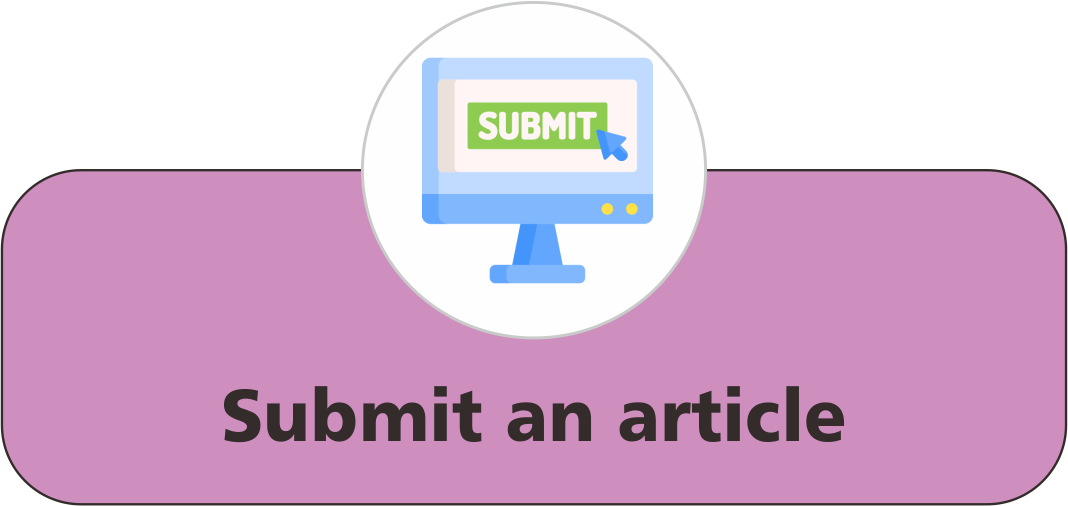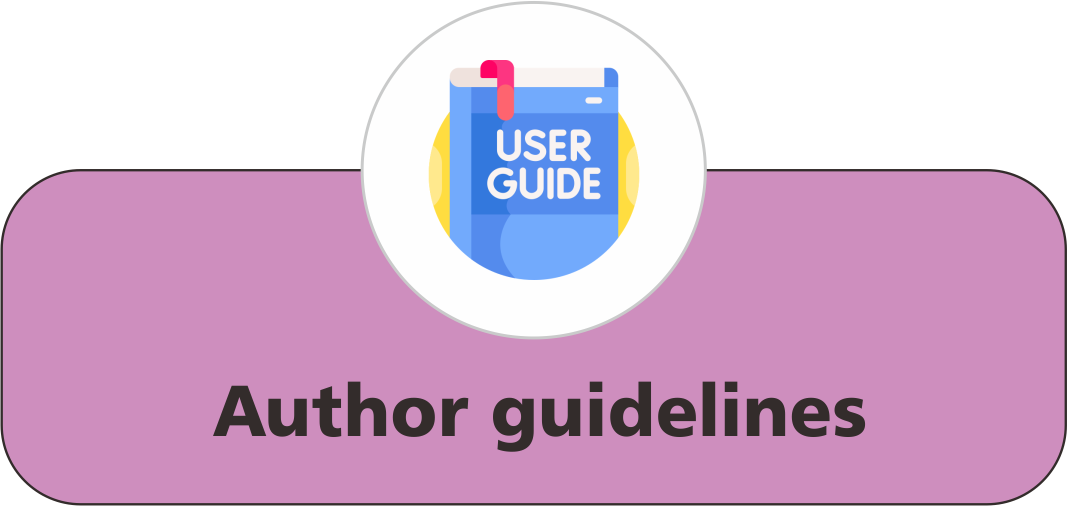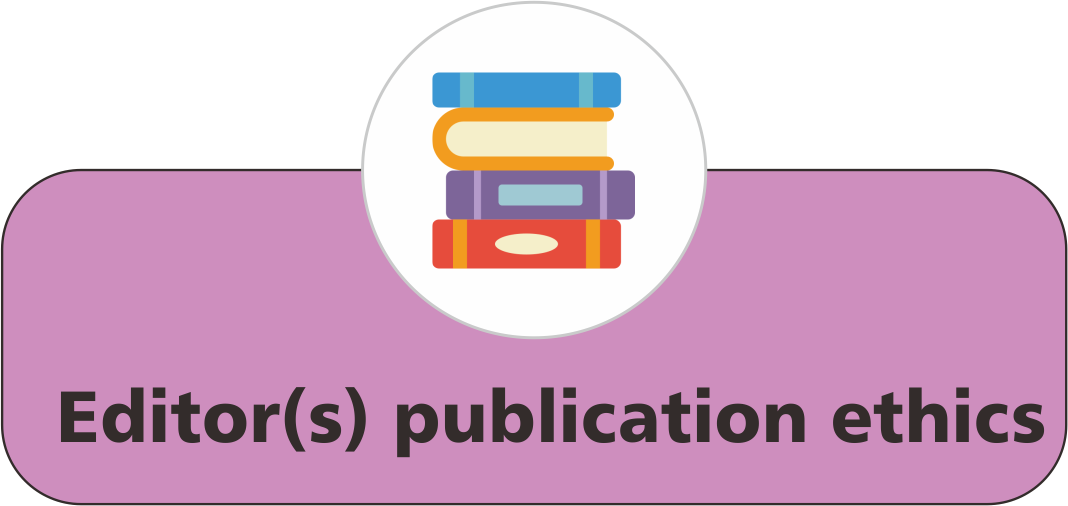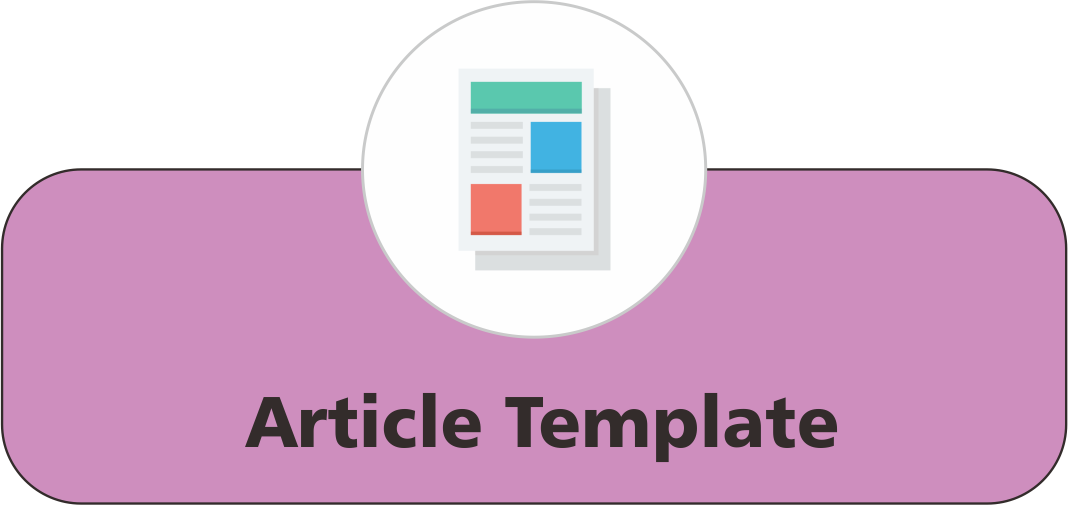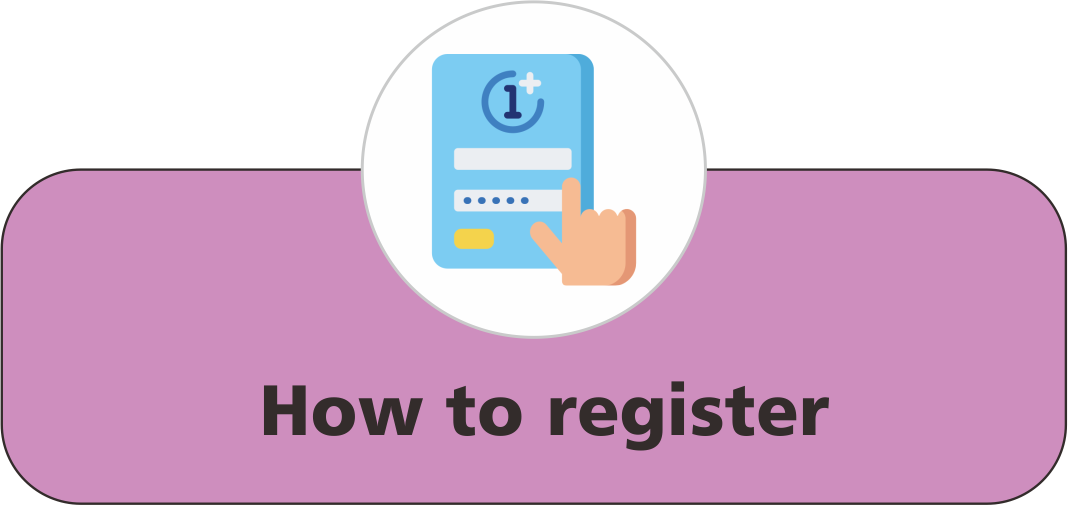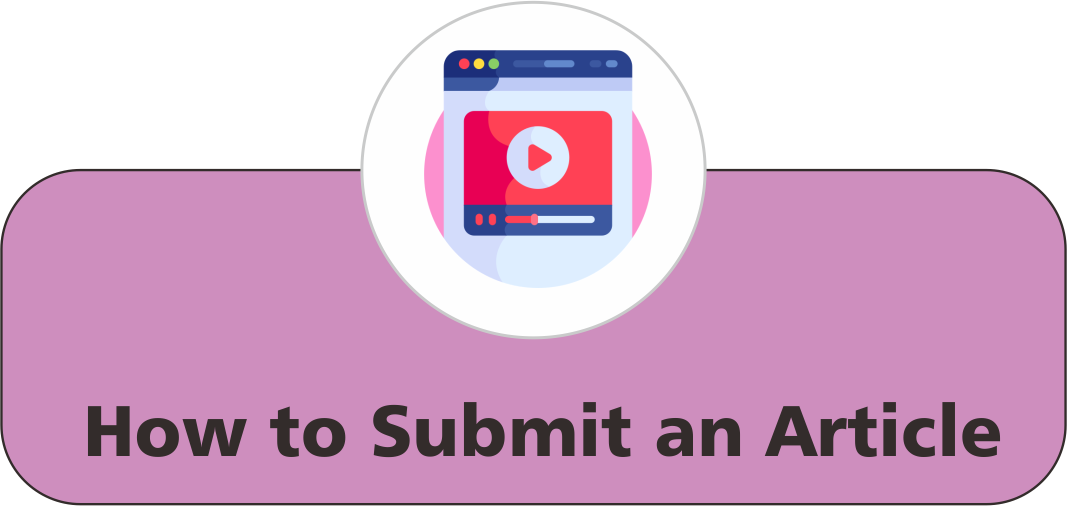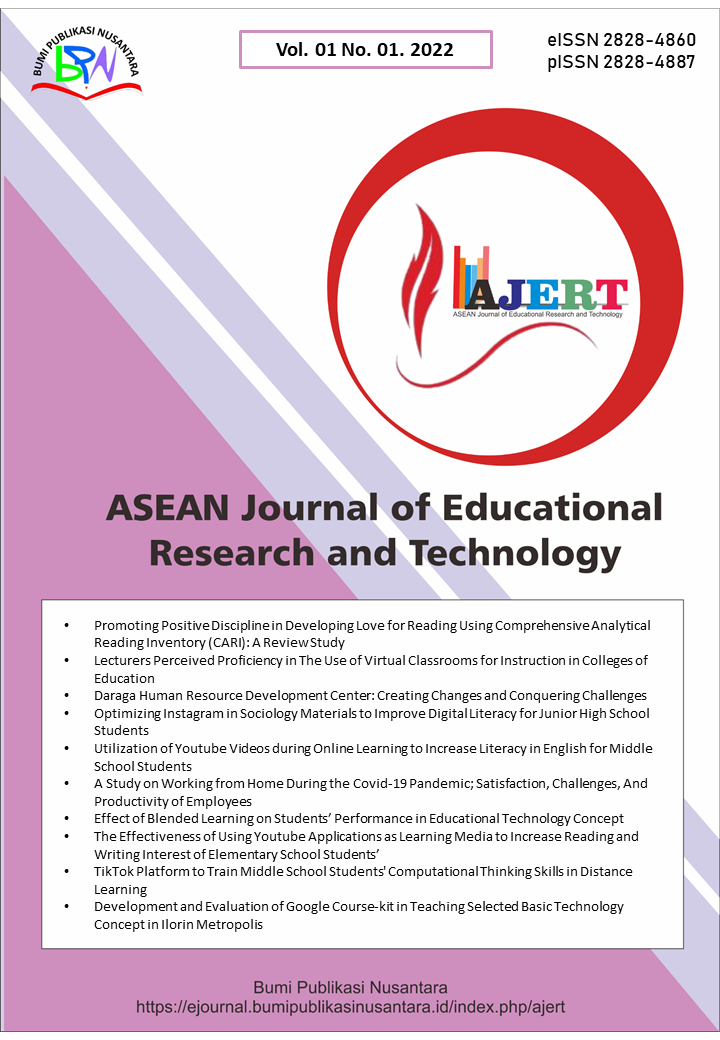Self-concept and Locus of Control as Internet Addiction Predictors among Undergraduate Students
 ), Jamiu Babatunde Bello(2), Tunde Adeniyi Salami(3),
), Jamiu Babatunde Bello(2), Tunde Adeniyi Salami(3),
(1) Al-Hikmah University-Ilorin
(2) Nana Aishat College of Education
(3) Al-Hikmah University-Ilorin
 Corresponding Author
Corresponding Author
Abstract
Keywords
References
Abbas, S., Khan, M. A., Athar, A., Shan, S. A., Saeed, A. and Alyas, T. (2022). Enabling smart city with intelligent congestion control using hops with a hybrid computational approach. The Computer Journal, 65(3), 484-494.
Amudhan, S., Prakasha, H., Mahapatra, P., Burma, A. D., Mishra, V., Sharma, M. K., and Rao, G. N. (2022). Technology addiction among school-going adolescents in India: epidemiological analysis from a cluster survey for strengthening adolescent health programs at district level. Journal of Public Health, 44(2), 286-295.
Bharathi, T.A. and Sreedevi, P. (2015). A study on the self-concept of adolescents. International Journal of Science and Research (IJSR), 6(14), 2319-7064.
Callaghan, C., and Papageorgiou, E. (2015). Gender differences in locus of control and student performance in the South African context of accounting studies. Meditari Accountancy Research, 23(3), 348-368.
Cheng, Y. C., Yang, T. A., and Lee, J. C. (2021). The relationship between smartphone addiction, parent–child relationship, loneliness and self-efficacy among senior high school students in Taiwan. Sustainability, 13(16), 9475.
Churchill, S.A., Munyanyi, M. E., and Smyth, K.P.R. (2020). Locus of control and the gender gap in mental health. Journal of Economic Behavior and Organization, 178, 740-758.
Ezeh, M.A, Ezeanya, I. D., Okonkwo, E.A., Obi, L. I., Ogbozor, P.A., (2021). Self-esteem and internet addiction. Esut Journal of Social Science, 6,170-183.
Garcia, Q. P., and Santiago, A. B. B. (2017). Parenting styles as correlates to self-esteem of underprivileged adolescents: basis for a proposed parenting skills program. Parenting, 2(5), 27-35.
Gjoneska, B., Potenza, M. N., Jones, J., Corazza, O., Hall, N., Sales, C. M., and Demetrovics, Z. (2022). Problematic use of the internet during the COVID-19 pandemic: Good practices and mental health recommendations. Comprehensive Psychiatry, 112, 152279.
Hassan, A. A., Abdulkareem, H. B. and Suleiman, A. (2023). Self-concept as predictors of internet addiction among undergraduate students of Kwara State University, Nigeria. ASEAN Journal of Educational Research and Technology, 3(1), 1-8.
Kamran, H., Afreen, A., and Ahmed, Z. (2018). Effect of internet addiction on dietary behavior and lifestyle characteristics among university students. Annals of King Edward Medical University, 24(S), 836-841.
Karimi, R.N.D and Arasa, M.J.N. (2017). Gender differences in self-concept among a sample of students of the United States International University in Africa. International Journal of Behavioural Science, 3, 2-7.
Kircaburun, K., Yurdagül, C., Kuss, D., Emirtekin, E. and Griffiths, M.D (2020). Problematic mobbing watching and its relationship to disordered eating and internet addiction: A pilot study among emerging adult mobbing watchers. International Journal of Mental Health Addict, 19(1), 2160-2169.
Krampe, H., Danbolt, L. J., Haver, A., Stålsett, G., and Schnell, T. (2021). Locus of control moderates the association of COVID-19 stress and general mental distress: Results of a Norwegian and a German-speaking cross-sectional survey. BMC Psychiatry, 21(1), 1-13.
Marčič1, R and Grum, K (2011). Gender differences in self-concept and self-esteem components. Journal of Studia Psychological, 53(4), 373-384.
McPherson, A and Martin, C. R. (2017). Are there gender differences in locus of control specific to alcohol dependence?. Journal of Clinic Nursing, 1(2), 258-265.
Meates, J. (2020). Problematic digital technology use of children and adolescents: Psychological impact. Teachers and Curriculum, 20(1), 51–62.
Muthuri, R. N. D. K., and Arasa, J. N. (2017). Gender Differences in Self-Concept Among a Sample of Students of the United States; International University in Africa. Annals of Behavioural Science, 3(2), 29.
Olanrewaju, M.K. and Olabisi, P.B. (2022). Locus of control and self-concept as determinants of internet addiction among public university undergraduate in Oyo State. Journal of Addiction Journal Research and Therapy, 13(3), 459.
Sondhi, N., and Joshi, H. (2021). Multidimensional assessment of Internet addiction: Scale development and validation. Global Business Review, 2021, 0972150921989876.
Tus, J. (2020). Self–concept, self–esteem, self–efficacy and academic performance of the senior high school students. International Journal of Research Culture Society, 4(10), 45-59.
Article Metrics
Abstract View : 1537 times
: 1537 times Download : 828 times
Download : 828 times
Refbacks
- There are currently no refbacks.
Copyright (c) 2023 Bumi Publikasi Nusantara

This work is licensed under a Creative Commons Attribution-ShareAlike 4.0 International License.

